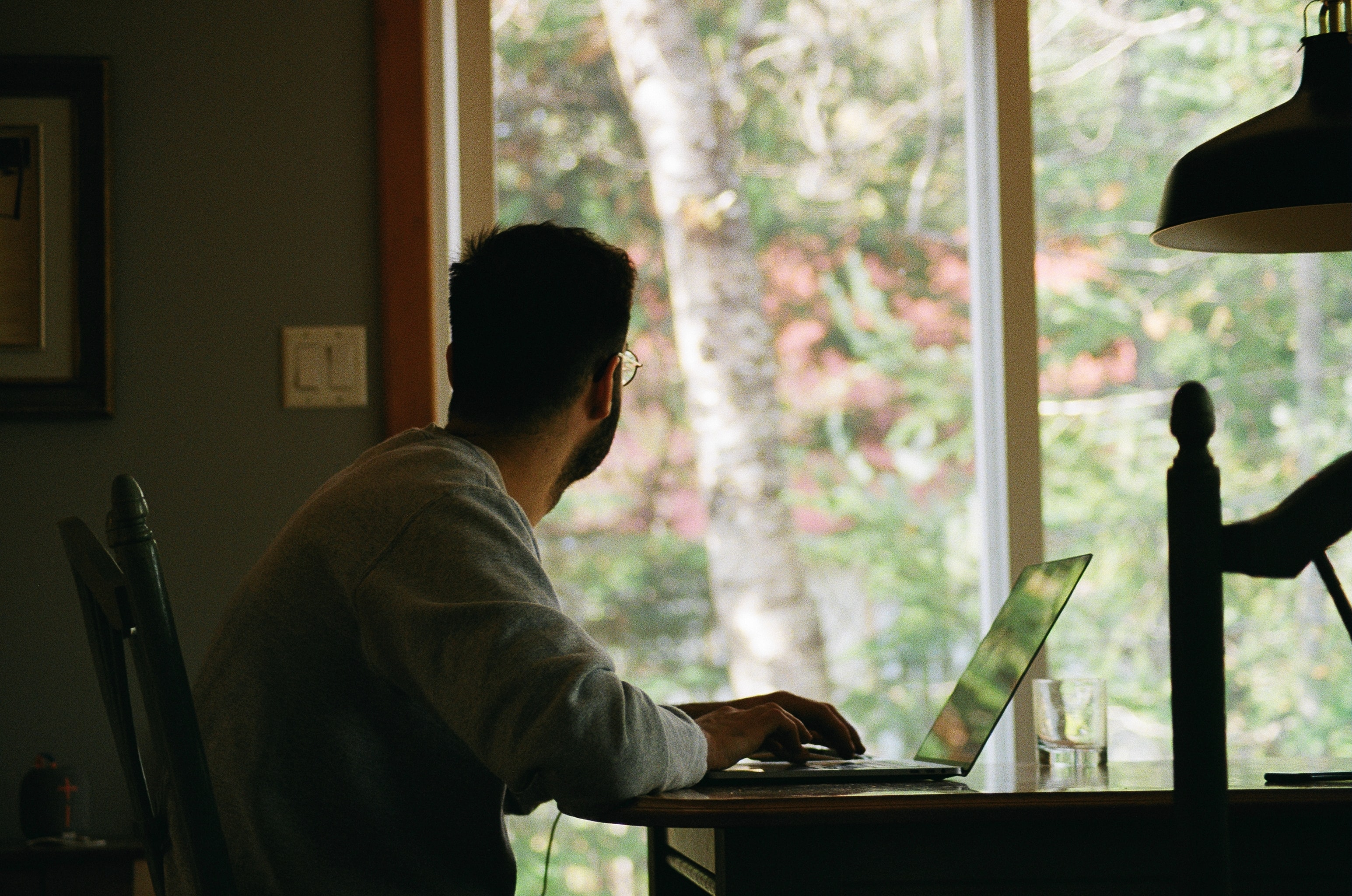News release
From:
How have people’s daily activities affected mood during the COVID-19 pandemic?
During the COVID-19 pandemic, a stable routine—including physical exercise, hobbies, regular sleep hours, and minimal time spent in front of the computer—has helped people maintain a good mood, according to results from a new study published in Applied Psychology: Health and Well-Being.
Four times a day for two weeks in mid-2020, 91 young adults living in Poland were asked about their mood and the activities they engaged in. Seven individuals were selected for a follow-up, open-ended questionnaire.
Coping strategies such as planning and scheduling helped participants keep stable routines to maintain a good mood. Also, face-to-face contact was associated with a more positive mood, while similar interaction through electronic communication had a less positive effect.
The researchers also found that daily reports on COVID-19 cases and deaths affected participants’ mood fluctuations, and checking social media and news regarding the pandemic induced negative feelings like sadness, fear, and feelings of being overwhelmed.
“We found that not all aspects of our everyday routines easily translate to online settings. Social demands forced people to spend long hours in front of computer screens during the lockdown period, which is not good for their health nor overall well-being,” said lead author Julian Zubek, PhD, of the University of Warsaw, in Poland.



 International
International



